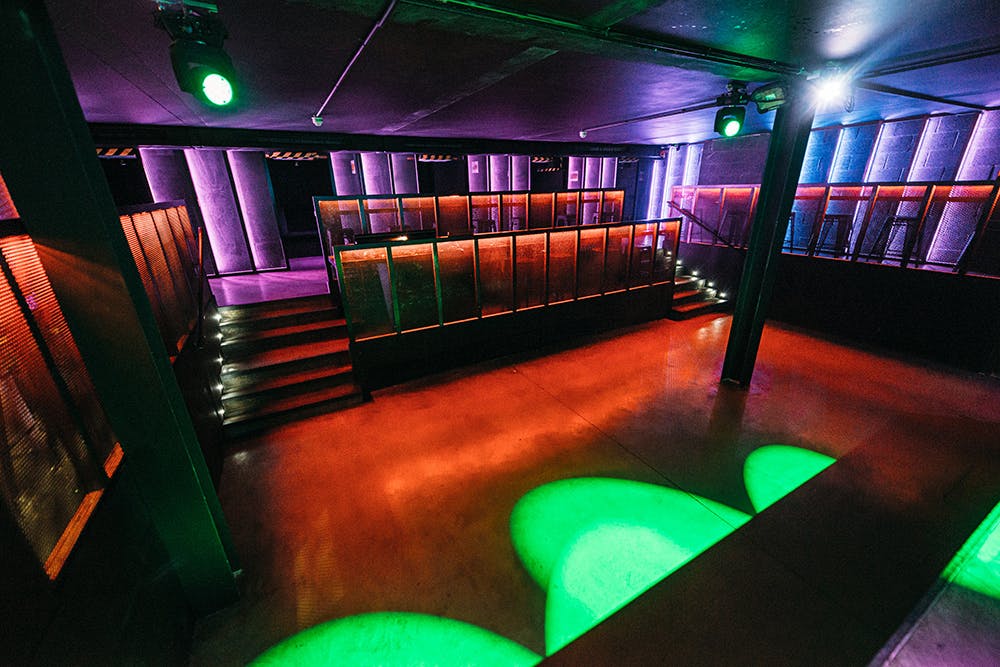It was 2006 when Jake Farey started to put on local gigs. He still had a day job in IT and was interviewing bands for Guitar Magazine on the side. But as time went on, he began to forge connections with rising bands of the time, like the Maccabees and Mumford & Sons, and decided to dedicate his career to live music. One connection that became especially important was when he met the fellow promoter Reece Tee.
Together, Farey and Tee went on to found Desertscene, a promotions company where they could champion the underground rock and metal they loved. From this, the music festival Desertfest was born. “It was set up as a concept to put on a load of shows in the UK for a niche that wasn’t really being targeted here, more so in Europe”, says Farey. “From there, we started putting on shows and it evolved into multi-venue festivals in four cities around the world in the last 10 years. One of the reasons I’ve stuck with it for so long is the people. It’s a great atmosphere.” The first Desertfest was held in the iconic metalhead territory of Camden – since then it’s expanded to Europe and even to the US.
The festival has remained independent, foregoing corporate sponsorship in favour of a smaller and totally fan-oriented approach. “We’ve never felt like we’d be suited to brand collaboration. Our niche is too weird to go corporate,” says Farey. And what is that niche? “It’s underground rock fans; people who are really passionate about metal. They’re a very nice crowd.”

